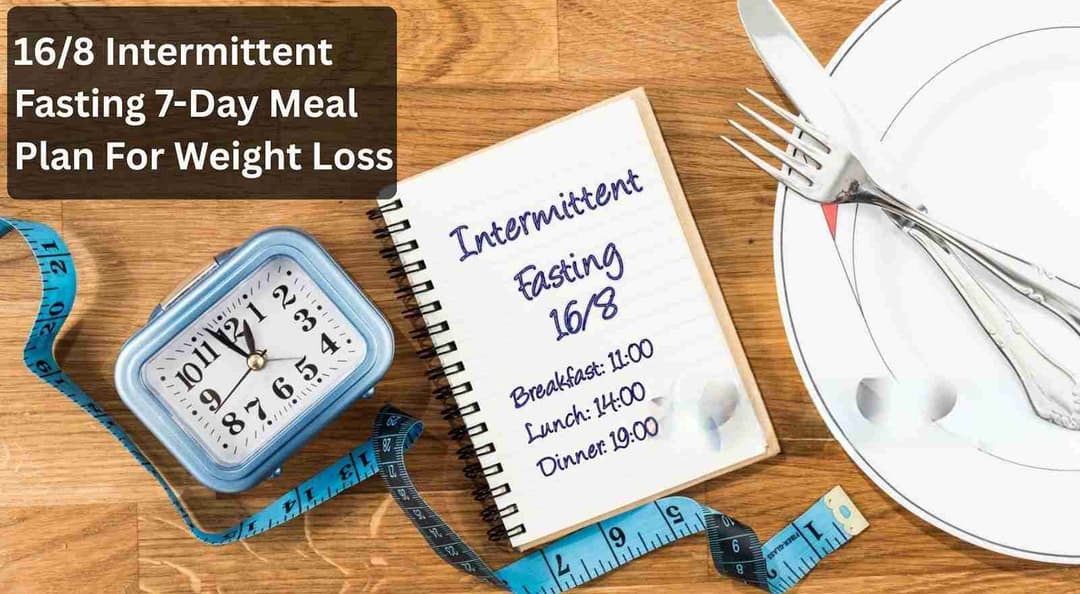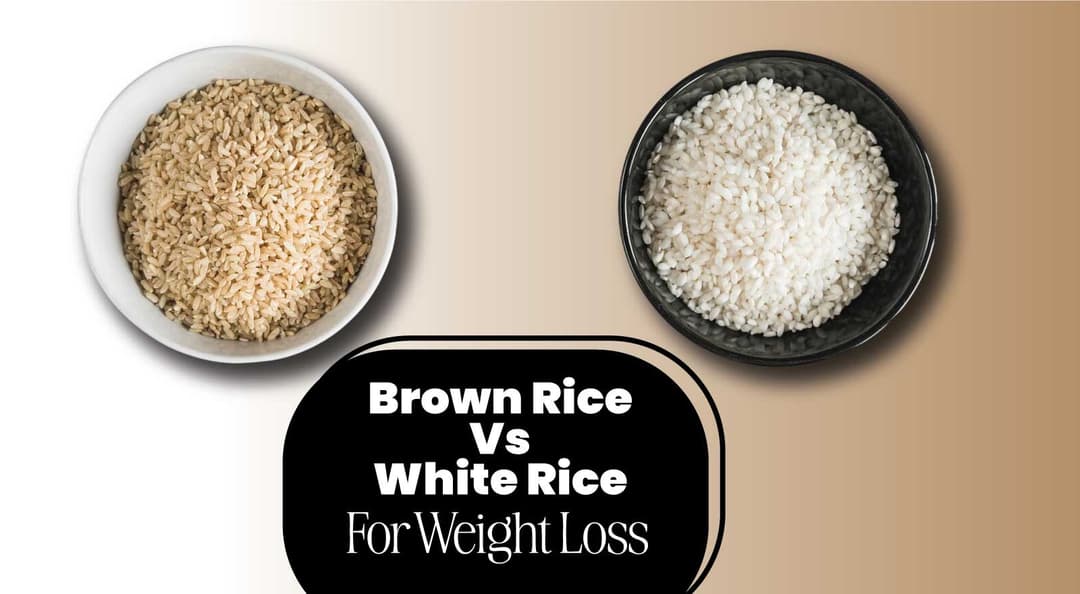Welcome, fitness enthusiasts, to the gateway of unlocking your ideal body and discovering the ultimate guide for BMI for women by age! In a world where health and wellness reign supreme, understanding your Body Mass Index (BMI) is a pivotal step towards achieving your fitness goals.
If you are a woman concerned about your weight and want to know if your weight is healthy, you should analyse your female body mass index. You've probably seen these handy online body mass index (BMI) calculators. You may also have entered your weight and height to get results.
But here's the catch – BMI isn't a one-size-fits-all metric. As women, our bodies evolve with age, and what worked for us in our 20s might not yield the same results in our 30s, 40s, or beyond.
That's why this comprehensive guide is here to break down the science behind BMI tailored specifically for women, taking into account the nuanced changes that occur as we age. Let's embark together on this empowering adventure and redefine what it means to achieve the ideal body through a nuanced understanding of healthy BMI for women at every age!
Table Of Contents
- What Is Body Mass Index or BMI?
- What Is A Good BMI For Women?
- What Is A Good BMI For Women By Age?
- How Do I Calculate BMI For Females?
- What Are The Benefits Of Ideal BMI In Women?
- Challenges Of Using BMI To Measure Women's Health
- Dietitian’s Recommendation
- The Final Say
- FAQs
- References
What Is Body Mass Index Or BMI?
Body mass index (BMI) is a medical testing tool that estimates body fat by measuring the height-to-weight ratio. BMI is an estimate of body fat mass and a good indicator of a patient's risk for diseases resulting from being overweight and obese. For adults, healthy weight is defined as weight versus height. This ratio of weight and height is called body mass index (BMI). BMI is correlated with body fat mass.
Higher numbers indicate more body fat but may be inaccurate in some cases. People who are overweight (BMI 25 to 29.9) are too heavy for their height. People who are obese (BMI 30 or higher) almost always have a lot of body fat relative to their height.
A higher BMI increases your risk of high blood pressure, heart disease, type 2 diabetes, gallstones, osteoarthritis, sleep apnea, and some cancers. However, BMI alone cannot diagnose health. Professionals use BMI and other tools and tests to evaluate your health status and risks. Health experts calculate BMI by dividing your weight in kilograms (kg) by the square of your height in meters (m2).
What Is A Good BMI For Women?
BMI is a simple formula that uses height and weight to calculate a number that reflects a person's body fat level. BMI results are not based on a strict set of numbers because everyone is different based on:
- Gender
- Age
- Height in feet and inches
- Body weight
All these factors are considered when calculating the BMI indicator. To fall within the normal range for women, results are expressed as a percentage, and this number is used to place you into one of the BMI categories mentioned below along with BMI female normal range.
In general, the following BMI ranges (in kg/m2) that classify different weight types:
Type | BMI(in kg/m2) |
Underweight | Less than 18.5 |
Optimum range | 18.5 to 24.9 |
Overweight | 25 to 29.9 |
Class I obesity | 30 to 34.9 |
Class II obesity | 35 to 39.9 |
Class III obesity | More than 40 |
If you're pregnant or plan on getting pregnant, you can actually calculate your recommended weight gain using your pre-pregnancy BMI.
Pre-pregnancy BMI | Total recommended weight gain | Rate of weight gain in 2nd & 3rd trimester |
Under 18.5 (underweight) | 12.5 - 18 kg | 0.5 kg per week |
18.5 - 24.9 (Normal) | 11.5 - 16 kg | 0.42 kg per week |
25 - 29.9 (Overweight) | 7 - 11.5 kg | 0.28 kg per week |
30.0 or higher ( Obesity) | 5 - 9 kg | 0.22 kg per week |
What Is A Good BMI For Women By Age?
Knowing the average BMI for your age can help you judge how you look compared to other people of your age, but having an average BMI doesn't necessarily mean you're healthy. Here are various age groups and the average BMI people falling under these may possess:
1. Average BMI In Children
Body mass index is interpreted slightly differently in children than in adults because children grow and mature at different rates. Instead of setting a single healthy BMI range, you should check the BMI-for-age chart to see if your BMI falls between the 5th and 85th percentiles for your age group.
- The average BMI for both boys and girls is 21.3, with a healthy range of 15 to 21.8 for boys and 14.8 to 22.5 for girls.
2. Average BMI For Adolescents
Because adolescents are still going through puberty and are considered to be of growing age, they can be healthy even if their BMI is slightly outside the healthy range for adults.
- A healthy BMI range for a teenager or 13-year-old is 15.5 to 22.6 for boys and 15.3 to 23.3 for girls.
- The healthy range by age 18 is 18.2 to 26.3 for men and 17.6 to 26.1 for women.
3. Average BMI For Adults
For adults, a healthy BMI range is 18.5 to 24.9, regardless of age or gender; anything higher than this means you are overweight for your height.
How Do I Calculate BMI For Females?
Finding a free online BMI calculator is the easiest way to calculate BMI for women by age and weight. Once you find it, just enter your weight and height.
You can calculate BMI manually by dividing your weight (in kilograms) by the square of your height (in meters) or by BMI = kg/m2. Height is usually measured in centimetres, so another formula to calculate BMI is to divide your weight in kilograms by your height in centimetres squared and then multiply by 10,000.
For example, if you weigh 64 KG and are 1.9 metres tall, your BMI is:
- BMI = 64 x (1.9 x 1.9)
- BMI = 64 × 3.61
- BMI = 17.7
If your height is in centimetres:
- BMI = 64 x (190 x 190)
- BMI = 64 × 36100 BMI = 0.00177 x 10,000
- BMI=17.7
These above-mentioned BMI estimates are only applicable to adults. However, these indicators may not provide correct results if you are pregnant or breastfeeding. However, having a high BMI before or early in pregnancy may affect pregnancy. Additionally, BMI calculations in children and adolescents are also not evaluated using these reference values but are considered compared to other people of the same age and gender.
What Are The Benefits Of Ideal BMI In Women?
BMI is one of the most effective, simple, and inexpensive ways to track obesity at the population level, which is of great importance for medical research. Additionally, a higher BMI is associated with higher body fat levels, and studies have shown that BMI can be an accurate or apt way to determine an individual's risk of disease and death.
People with a BMI classified as obese have been shown to have a much higher risk of premature death and developing chronic diseases, including heart and kidney disease, than people with a "normal" BMI. People whose BMI classifies them as underweight also have a higher risk of premature death and disease.
Additionally, although people should not consider BMI a reliable indicator of health on its own, healthcare providers can use BMI in conjunction with other diagnostic tools to assess an individual's health and monitor disease risk. Other tools include laboratory values such as waist circumference and cholesterol levels.
Challenges Of Using BMI To Measure Women's Health

BMI is a tool that has quite some controversies attached to it, and many health experts say it is a dinosaur that should be extinct. "BMI was developed 180 years ago, and most of the data was obtained from cadavers. Since then, the average height and weight of women and men have also increased." The BMI range you provide can also be misleading if:
1. Athlete
The more sporty you are, the more muscle mass you will have. BMI is not useful for athletes because it does not take into account body fat or muscle mass. Dense muscles also weigh more. So the BMI results are skewed.
2. Post Menopause
The older you get, the more body fat is accumulated and hormonal levels decrease during menopause. When hormone levels decrease, muscle mass decreases, and belly fat increases. Even if you weigh the same at 30 and 70, you may have significantly more body fat. Studies have shown that some postmenopausal people with a healthy BMI may be in the overweight or obese range.
3. Ethnicity
Ethnicity can affect body fat distribution and muscle mass. You may have the same BMI as someone else, but your health and risk of obesity-related diseases may be very different. Researchers also found that people of different ethnicities, including whites, blacks, South Asians and Middle Easterners, are more prone to type 2 diabetes across a range of BMI scores.
4. Age
Muscle mass tends to decrease with age. As a result, older people may be fatter than their younger peers. However, for older people, having a BMI in the normal to overweight range may be helpful. Some studies have shown that slightly higher BMIs are often associated with a lower risk of premature death compared to people with optimal BMIs.
5. Fat Distribution
Fat distribution poses a challenge to the traditional Body Mass Index (BMI) as it fails to account for variations in body composition. Individuals with the same BMI may have different fat distributions, impacting health risks. For example, abdominal fat, compared to fat in other areas, may pose a higher risk for certain health conditions.
Dietitian’s Recommendation
Body mass index (BMI) is an easy, convenient and quick tool that healthcare providers can use to estimate and analyse your risk for certain diseases. However, it is not always an accurate measure of body fat, nor is it the only factor in determining overall health. A balanced diet, regular check-ups and an active lifestyle can support optimal health, so it is important to receive personalised advice from a health professional.
Dt. Lavina Chauhan
The Final Say
While BMI for women can be a helpful starting point, it's important to remember it's just one piece of the puzzle. Your ideal body isn't defined by a number on a chart, but by how you feel and function in your own skin. Focus on celebrating your strength, resilience, and all the amazing things your body allows you to do. Embrace healthy habits like a balanced diet and regular exercise that make you feel empowered, not restricted.
So ditch the rigid BMI expectations and embark on a journey of self-discovery. Listen to your body, celebrate its strengths, and fuel it with nourishing choices. This is your chance to unlock the ideal you – a confident, healthy woman who thrives from the inside out!
FAQs
1. What is a good BMI for women?
If you fall under the range of 18.5–24.9, it is considered a healthy or normal BMI for most women.
2. What is a good BMI for women by age?
- The average BMI in children- for boys and girls is 21.3, with a healthy range being 15 to 21.8 for boys and 14.8 to 22.5 for girls.
- The average BMI for adolescents- for teenagers or 13-year-olds- is 15.5 to 22.6 for boys and 15.3 to 23.3 for girls. The healthy range by age 18 is 18.2 to 26.3 for men and 17.6 to 26.1 for women.
- Average BMI For Adults- a healthy BMI range is 18.5 to 24.9, regardless of age or gender; anything higher than this means you are overweight for your height.
3. How do I calculate BMI for females?
You can calculate BMI manually by dividing your weight (in kilograms) by the square of your height (in meters) or by BMI = kg/m2.
4. What is ideal BMI for women in kg?
The normal BMI for women is typically between 18.5 to 24.9 kg/m², indicating a healthy weight to height. However, individual factors such as muscle mass and body composition should also be considered for better assessment.
References
About ToneOp Fit
ToneOp Fit is a platform dedicated to improving and maintaining good health through a comprehensive range of goal-oriented health plans with up to 3 Coach support. With a range of Weight Management, Medical Condition, Detox Plans, and Face Yoga Plans, the app also provides premium health trackers, recipes and health content. Get customised diet, fitness, naturopathy & yoga plans and transform yourself with ToneOp.










































